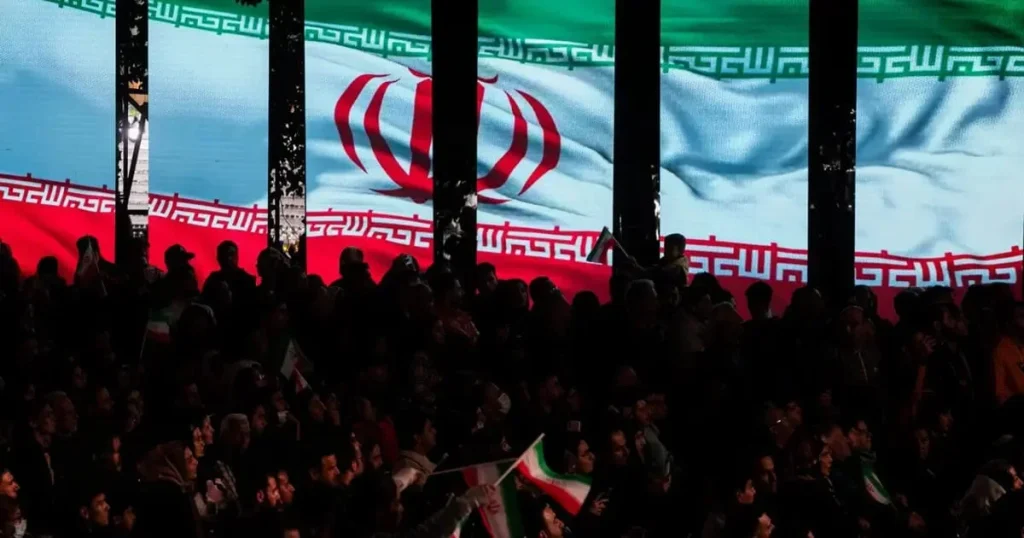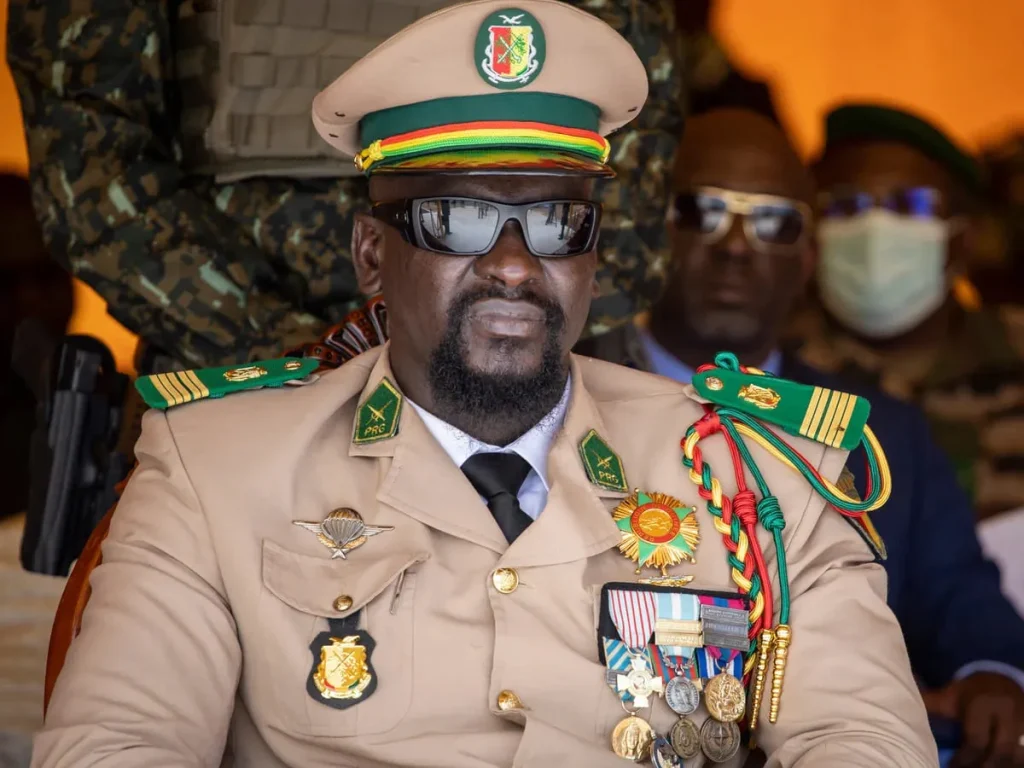In a crucial development for Nigeria’s healthcare sector, the Joint Health Sector Unions (JOHESU) has suspended a nationwide warning strike, granting the federal government six weeks to fulfill long-standing demands. The union, representing a wide range of health professionals excluding doctors, is advocating for better working conditions, enhanced welfare packages, and the implementation of the consolidated health salary structure. If demands are not met within the stipulated timeline, JOHESU has indicated it may proceed with an indefinite strike, posing a significant threat to Nigeria’s already strained healthcare system.
The strike initially began as a response to stalled negotiations over health workers’ rights and welfare improvements. High on JOHESU’s agenda are requests for salary adjustments to match inflation and increased financial support for health professionals who often face challenging conditions on the front lines. Additionally, the union seeks to raise the retirement age of health workers, a measure aimed at maintaining workforce stability and leveraging the experience of senior health professionals in a system often plagued by brain drain.
JOHESU’s demands, articulated through a Memorandum of Understanding (MoU) signed with government representatives, reflect long-standing grievances. The union argues that these issues have been repeatedly raised in past negotiations, with little to no action from the government. By giving the federal administration a six-week deadline, JOHESU aims to create a clear window for policymakers to demonstrate commitment to the welfare of health workers—a segment vital to Nigeria’s public health landscape, which has been under significant strain in recent years.
Throughout the warning strike, JOHESU emphasized the essential role of health workers, especially given the high demands of the healthcare system exacerbated by economic challenges. With inadequate funding for public health facilities, Nigerian healthcare workers often face burnout, lack of equipment, and, frequently, unsafe working conditions. These factors contribute to frequent disputes between health unions and the government and impact the quality of care received by patients across the country.
As JOHESU’s leadership announced the suspension, they called on members to resume work but remain “prepared to act” should the government fail to follow through on its commitments. The strike’s suspension is intended to allow time for further negotiations, with JOHESU hoping the government will use this period to act on the agreed terms rather than simply delay further. In light of this, JOHESU has intensified its communication with government agencies to ensure that the remaining issues on the MoU are prioritized and resolved.
Healthcare stakeholders and patient advocacy groups have lauded the suspension, recognizing the severe strain an extended health sector strike could impose on patients who rely on public hospitals. Meanwhile, JOHESU’s leaders warn that the government’s response in the coming weeks will set the tone for future labor relations in the health sector. An indefinite strike, if activated, would severely disrupt healthcare delivery, a reality that public health officials and policymakers are keen to avoid.
The federal government has yet to issue a detailed response to JOHESU’s latest demands but has indicated that dialogue will continue. In the meantime, JOHESU has appealed to its members for patience, stressing that the union will ensure all steps are taken to protect their interests.
As the six-week deadline looms, Nigeria’s healthcare sector stands at a crossroads, with JOHESU’s demands underscoring the urgent need for reforms to secure the welfare and stability of the nation’s health workers.























